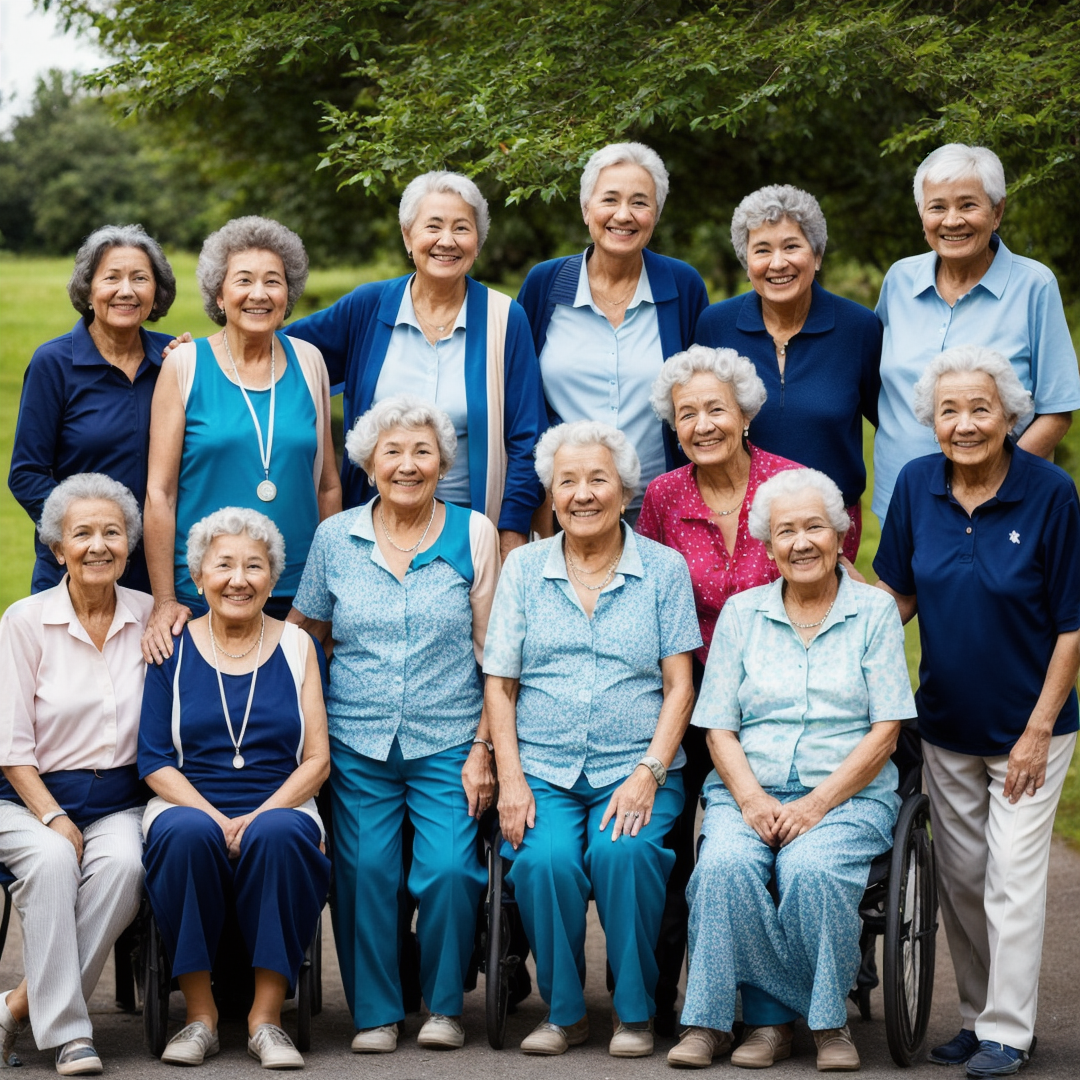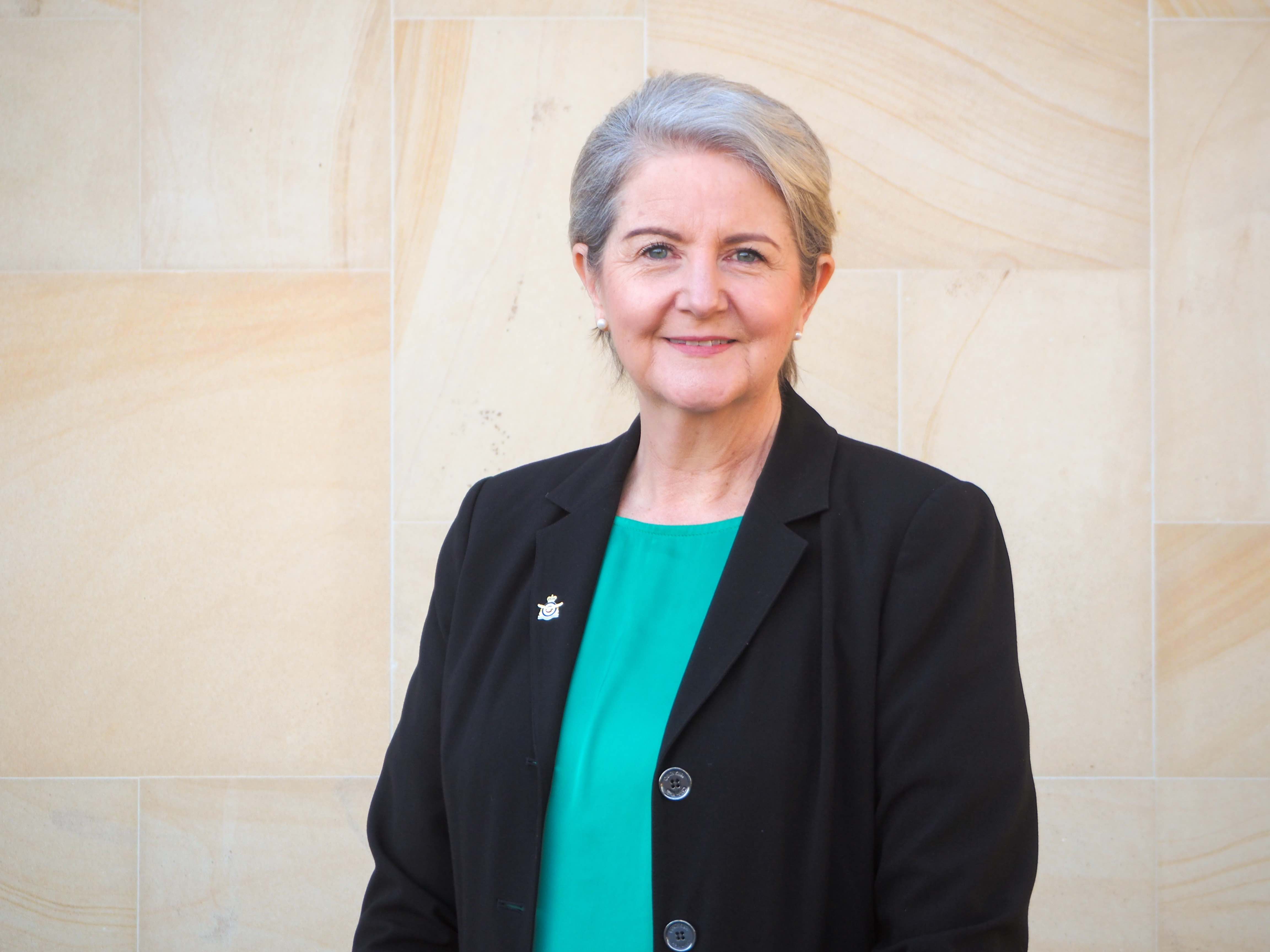Older Australians will help Monash University-led research to assess and address social isolation and loneliness among their peers.
The research team needs participants to help evaluate the federal government’s Aged Care Volunteer Visitors Scheme (ACVVS), which sees volunteers visit older people to provide friendship and companionship.
Conducted for the federal Department of Health and Aged Care, the study will investigate social isolation and loneliness in ACVVS participants and Australian seniors generally.
Monash University research has already found that lonely Australians aged 65 and over feel “abandoned”, “rejected”, and “left to die”. They also face increased dementia and cardiovascular disease risk.
Longitudinal data* shows that one in five older Australians feel loneliness, especially those aged 75 and over. That increases for older people living in aged care facilities, where estimates indicate that between 35 to 61 per cent of residents feel lonely**.
The recent Royal Commission into Aged Care also highlighted loneliness among aged care recipients as an urgent issue, warning that it has increased even more amongst this group since the COVID-19 pandemic started.
The ACVVS – previously known as the Community Visitors Scheme – aims to improve quality of life through personal visits. Researchers will evaluate whether it meets its goals for all stakeholders, including recipients, volunteers, service providers, and the Department of Health and Aged Care.
The study will also consider improvements for diverse groups such as First Nations and LGBTIA+ communities, people from culturally diverse backgrounds, and those living in remote or rural areas.
Survey lead and Monash University epidemiologist Dr Rosanne Freak-Poli said older people at risk of loneliness and social isolation included those living in care homes or alone, and those with health problems.
“We hope to evaluate the benefit of social activities and how they can enhance the wellbeing of aged care recipients generally,” Dr Freak-Poli said. “The results will identify their social needs and provide evidence needed to minimise social isolation and loneliness in later life.”
Evaluation lead and Monash University technology and ageing sociologist Dr Barbara Barbosa Neves said the study was an opportunity for people to have their say and improve government programs.
“We know that socialising helps our health, wellbeing and quality of life,” she said. “Early focus groups told us that the ACVVS is extremely beneficial for recipients and volunteers, but needs wider support to reach more lonely and socially isolated older people.”
Suggestions from existing research participants as part of the project, which also involves School of Social Sciences sociologist Dr Pei-Chun Ko, include:
- Check on your neighbours, especially if they live alone and particularly during festive seasons and public holidays. These times can be a reminder of an absence of company for those experiencing loneliness.
- Engage in meaningful conversations. When you reach out, go beyond the usual quick chitchat. Take the time to listen and engage in deeper, more meaningful conversations.
- Involve them. Check on your older family members, friends, and neighbours in a way that makes them feel included. Show that you value their opinions by, for example, asking for their input on things like gift choices, outfit selections, or event planning.
- Stay connected. While face-to-face interaction is often preferred, don’t underestimate the power of a phone call, a letter, or even chatting online for a little bit longer than usual.
- Link with community resources. Offer to help explore council activities or social initiatives that match their interests. They may also appreciate you attending for the first time with them. This can be a way of fostering new connections with those who share similar hobbies or passions, from programs in public libraries like this knitting group to Men’s Sheds or the University of the Third Age. Looking for services like the Seniors Connected Program or requesting a volunteer visitor can also create opportunities for sustained interaction and companionship.
Those eligible for the study include people aged 65 and older who: live in a care home, receiving government-subsidised residential aged care, or live in the community, receiving a government-subsidised Home Care package.
More information on the voluntary study can be found here. Those interested can also call (03) 9905 2971 or email acvvs.evaluation@monash.edu
Read more on Monash Lens
*Household Income and Labour Dynamics in Australia, HILDA survey, **Gardiner et al., 2020



































